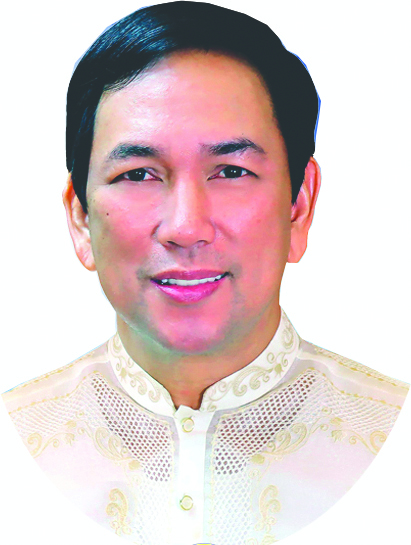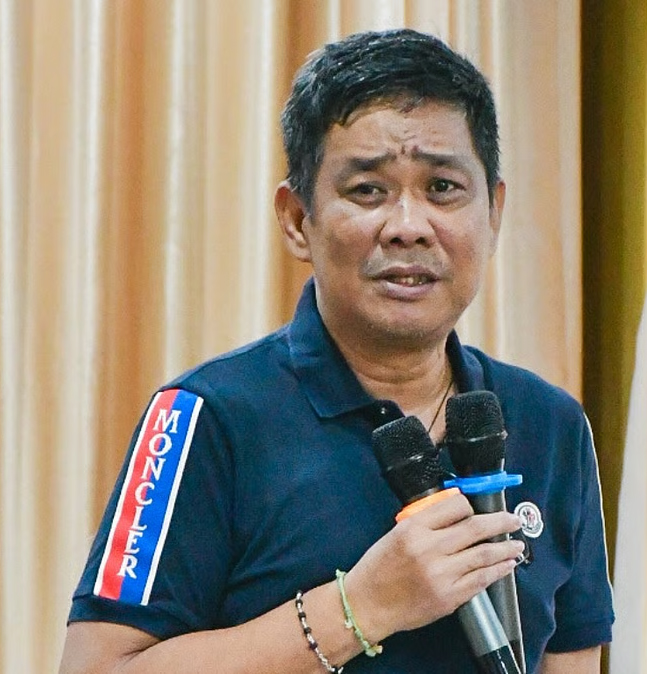
(ALMERIA PUBLIC INFORMATION OFFICE FACEBOOK)
—————————————————————————————————
Cites for Leyte’s priority projects

TACLOBAN CITY — Leyte Governor Carlos Jericho ‘Icot’ Petilla lauded the administration of President Ferdinand Marcos Jr. for the expanded Local Government Support Fund (LGSF), saying the P58-billion national allocation will significantly accelerate the province’s priority development programs.
Governor Petilla said the increased funding provides a “vital bridge” between national resources and the specific needs of Leyteños, helping close gaps that have long limited local projects.
“One thing is certain: when projects are funded through the LGSF and implemented on behalf of the President, the public itself serves as our most vigilant auditor,” Petilla said, highlighting the fund’s community-driven approach.
Unlike programs imposed from above, Petilla emphasized that LGSF projects are based on a “bottom-up” planning process, where residents identify the needs that matter most to their communities. This framework, he said, naturally ensures transparency and accountability, with local stakeholders monitoring implementation firsthand.
The provincial government, working closely with the Department of the Interior and Local Government (DILG), has established strict monitoring and documentation procedures to guarantee that funds are properly utilized.
Launched recently at Malacañang Palace under the campaign “Sa Bagong Pilipinas, Bawat Bayan Makikinabang,” the enhanced 2026 LGSF marks the largest allocation in the program’s history. Its P58-billion budget nationwide targets critical sectors such as farm-to-market roads, water supply systems, public service buildings, health facilities, disaster risk reduction initiatives, and direct rice assistance for communities.
In Leyte, ongoing projects funded through the LGSF include a 2.6-kilometer farm-to-market road and the installation of public information LED walls in multiple municipalities, providing both infrastructure and information access for local residents.
Petilla underscored that the fund’s success will depend not only on national allocation but also on the active participation of communities, reinforcing the principle that development is most effective when guided by the people it serves.
ROEL T. AMAZONA



